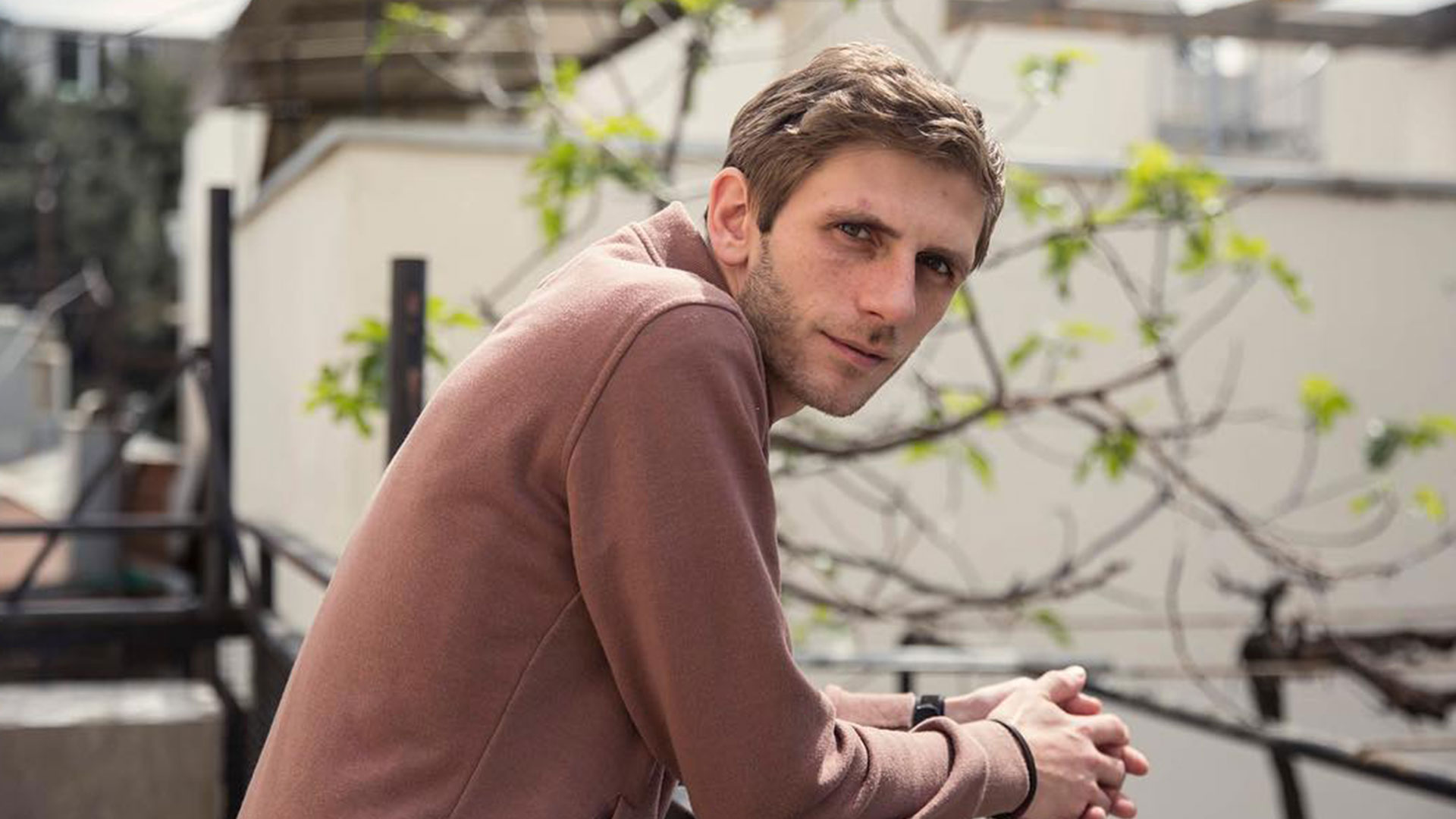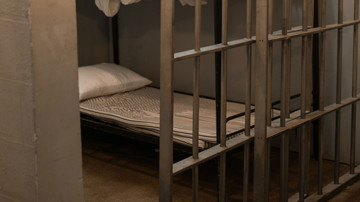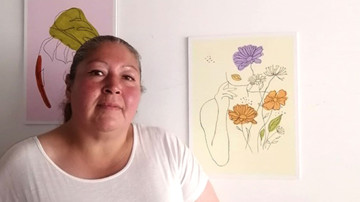
In 2011 I returned from Europe to live in Georgia. At that time, the last government was still in power with its so-called ‘zero tolerance policy’, which has led to exceptionally harsh prison sentences given to drug users. Between 2006-2012, it was commonplace for people to be sentenced with up to 15-20-25 years in prison for taking one drug dose. Prisons, being one of the most oppressive institutions in the system, were twice as strict towards drug users. One could hear unbelievable accounts of the many forms of prisoner torture there…
The country’s drug scene at that time was almost exclusively limited to homemade drugs, as almost all forms of traditional drugs had completely vanished from the market. The ingredients for homemade drugs could easily be purchased at pharmacies, which were immune to the repressive system due to the endorsement and protection of many authorities from the police department. Moreover, police officers used to monitor the pharmacy, frequently taking its clients in for drug testing, which would then lead to costly fines or a trial, followed by imprisonment. During this time, the number of prisoners in the country had tripled and was growing every year.
My first arrest took place as I was exiting a pharmacy. As the drug test had detected traces of opiates in my urine, I was fined GEL 500. The next arrest came quickly thereafter: by monitoring my phone calls, police officers heard that I had put my car up for sale, so they called me under the pretence of being potential buyers. After meeting up, they immediately took me to take another drug test, and this time I was fined GEL 2000, had to serve a 1 year conditional sentence and lost the right to drive. A second prosecution pertains to criminal law, which is why my status as a convict starts from this time.
My third, fourth and fifth arrests also took place within 6-7 months after the second one. To be honest I don’t exactly remember how many thousands of Georgian Lari I have paid in fines, but I kept paying if it meant that I would stay out of prison. Nevertheless, having been sentenced 3 times, I still had rights taken away from me, such as driving.
This lasted until the year 2012, when I was arrested for the possession of illicit drugs. I was exiting a friend’s place, where we had recently cooked drugs. Police officers were surveilling the surrounding area and apprehended my friend and I. Both of us managed to empty all syringes before the police opened the doors, but drops of the substance still remained in some of the syringes, which were already enough to be listed as a ‘high dose’, as the drug policy had never defined what a small dose was for some drugs. This meant that any dose of some drugs was already categorised as a high dose, and that guaranteed up to 7-14 years in prison. My case is one among thousands of other imprisoned drug users, who had to serve several years in prison. I got lucky though, as a governmental transfer of power resulted in the so-called cohabitation period in the country. The period was marked with the widest scale amnesty programme in the country’s history, and most of the released prisoners were people arrested for drug-related crimes. The number of inmates in prisons was halved if I’m not mistaken. In the third month of my imprisonment, the district attorney told me I could pay a fine of GEL 7000, with a 6.5 year conditional sentence, and limited driving rights, to shorten my sentence to 6 months.
I was detained again several times after my release, which were tied to unpleasant and embarrassing procedures and drug tests. Despite the fact that no drugs were proven to be present in my body, every time I came across police officers in the street, there would always be attempts at harassing me. After checking my name in the database, it was clear that I had been sentenced 3 times and was under conditional sentence, which was reason enough to make me do a drug test. Moreover, I had to have my fingerprints taken at the probationary centre on a weekly basis, which was also an unpleasant and risky process due to the monitoring police officers on the premises, who were always keeping an eye out for drug users on probation.
In 2014 after yet another drug test, I was the first citizen to exercise my right given by the 42nd section of the constitution: I didn’t testify against myself, meaning that I refused to provide biological material (urine test), which helped me avoid prosecution. Nowadays, these inhumane drug testing practices have almost fully been eliminated in the country. Nevertheless, the state’s drug policy still remains repressive, with several years in prison imposed on people convicted of possession of minimal doses of drugs or who had been using them in private. The criminal code, which used to impose a 7-14 prison sentence, has been reduced to 5-8 years; which is an example of what the politicians call the ‘humanisation’ of the country’s drug policy.
Temo’s story was compiled with support from Alternative Georgia. This story has been translated and edited for clarity.
More stories about Proportionality & Criminal Justice


